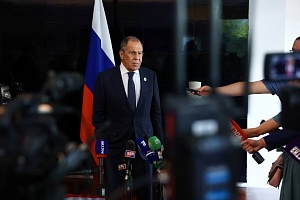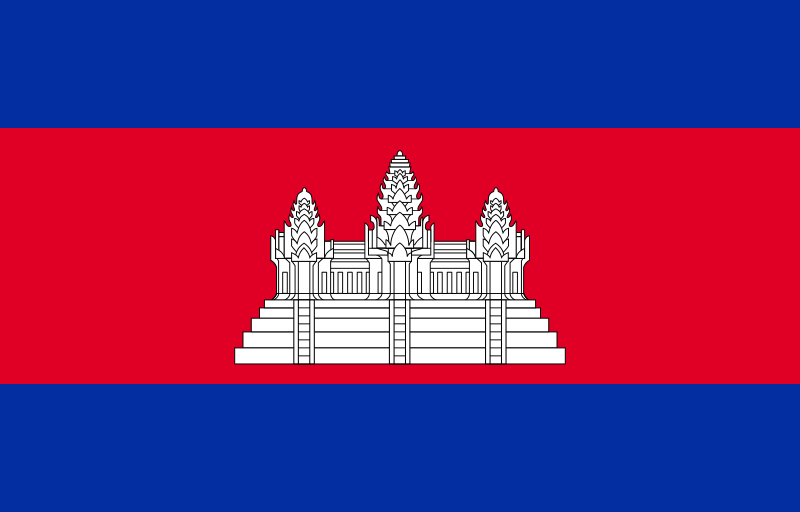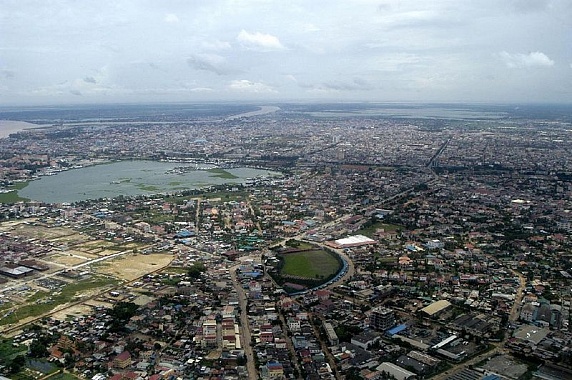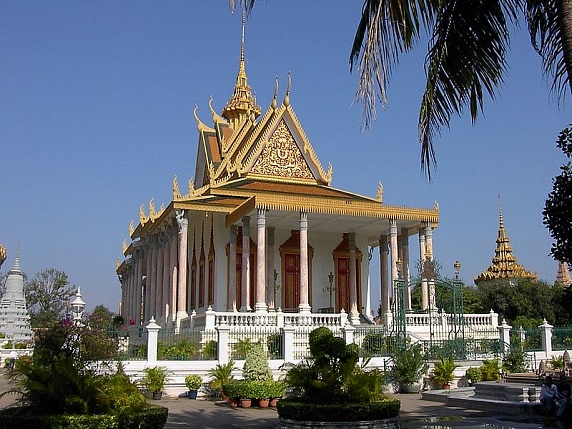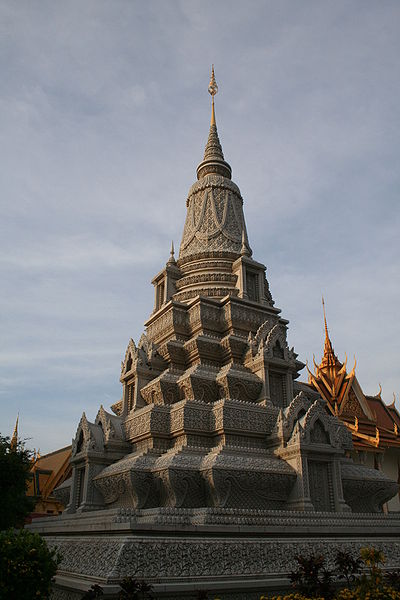 the Kingdom of Cambodia
the Kingdom of Cambodia
Foreign Minister Sergey Lavrov’s news conference following the East Asia Summit, Phnom Penh, November 13, 2022
Good afternoon,
The 17th East Asia Summit (EAS) has come to an end. The majority of countries participating in this format were represented by their heads of state, and several nations – by ministers or special envoys.
The debates at the summit have confirmed our analysis of the processes that have been unfolding in this region for a long time. The Asia Pacific space has developed for several decades based on ASEAN initiatives, around which an inclusive, open and equitable security and cooperation structure has taken shape.
The United States, its allies, and the North Atlantic Alliance are attempting to “assimilate” this space. Recently, an Indo-Pacific strategies concept has been advanced as an umbrella for the formats that are far from being open to all those wishing to join. Moreover, they are competing with the inclusive structures created under the aegis of ASEAN and imply the existence of plans to militarise this region with the clear aim of containing China and Russian interests in the Asia Pacific region. Everyone is aware of this. A case in point in the context of this policy is the establishment of a military bloc, AUKUS, composed of the United States, Australia and the UK. Active attempts are being made to involve New Zealand, Canada, and Japan in it. Clandestine initiatives to organise surveillance of naval activities are being promoted. People, who understand what this is all about, directly link this with the West’s “need” to turn the South China Sea into a zone of confrontation.
Our Chinese friends know this full well. Jointly with them, we are upholding the expediency and necessity of preserving the formats created around ASEAN, respecting the Association’s central role in the processes that are taking place in the surrounding region.
But the West has plans of its own. This was voiced quite clearly earlier today. Everyone recognises ASEAN’s role by word of mouth. But in fact, they are pushing their agenda and promoting confrontational mechanisms and tools. NATO no longer says that it is a purely defensive alliance. It had this character, when the USSR and the Warsaw Pact were in existence. NATO has pushed its “defence line” forward several times, closer to Russia’s border. (The Warsaw Pact and the Soviet Union no longer exist; it’s unclear who they were defending themselves against.) It was announced at the NATO summit in Madrid last summer that they had a “global responsibility” and that the security of the Euro-Atlantic and Indo-Pacific regions was indivisible. The West lays claim to playing the leading role there. They are pushing the “defence line” towards the South China Sea. There is an obvious trend towards militarising the region by combining the efforts of US allies, such as Australia, New Zealand and Japan, and expanding NATO presence in the Asia Pacific region.
We said this openly. Prime Minister of China Li Keqiang set forth his assessments, which are on the same wavelength as ours. Regrettably, this is unlikely to put the United States and its allies in the mood for respecting the interests of the majority of countries located in this region. We will continue to bring across our position, which meets with understanding at ASEAN. The Association still lacks a consensus on its further security posture in the region. If the Americans are out to sow doubt in ASEAN’s ranks and undermine its monolithic unity, they are certainly achieving their aims. Nevertheless, the majority of ASEAN members are intent on defending their interests. I am referring to a stance directed against subordinating ASEAN’s actions to the interests of the extra-regional players. Our partners have a high regard for Russia and China’s position, aimed at preserving ASEAN’s central role.
Having set forth our principled assessments, we stressed that our absolute priority was to promote concrete cooperation projects at the EAS, rather than engage in polemics. Two years ago, an EAS summit approved a Russian cooperation project designed to fight threats of pandemics. But this decision is yet to be implemented in practice. Today, we reaffirmed the need for a meeting of professionals from all East Asia Summit countries to discuss this problem.
We reiterated the initiative on encouraging tourism in this part of the world that we had put forward at previous EAS events. It is of great importance in order to boost ASEAN economies in the post-pandemic period.
Today, the summit has supported yet another Russian initiative designed to develop the volunteer movement and establish contacts between volunteer organisations from EAS member countries as a contribution towards involving civil society in the effort to promote humanitarian contacts.
The summit did not adopt any collective decisions because the US and its allies were insisting on absolutely unacceptable language with regard to the situation in Ukraine and around it. What I am saying now, including on further lines of cooperation, will be reflected in a communiqué to be released by the Cambodian chairmanship on its own behalf.
